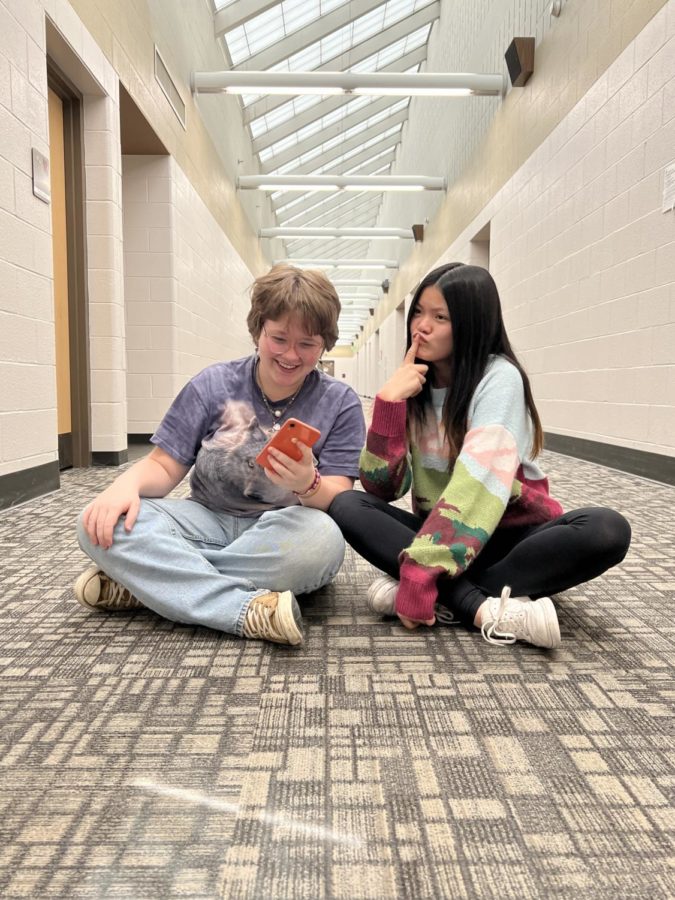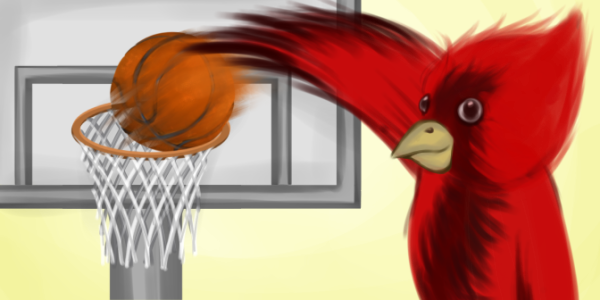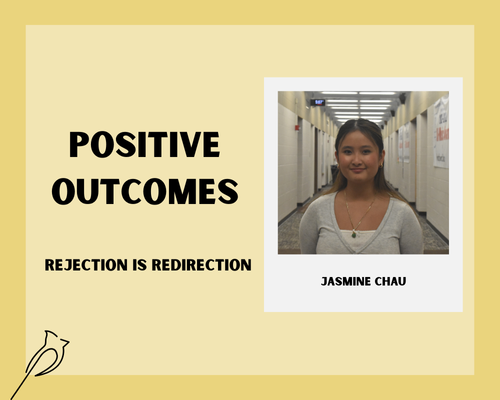‘Letter’ together
New game “Wordle” brings society together in new ways
The newest, hottest, most thought-provoking social fad as of late is the game known as “Wordle.” Never before has a word game unified so many people, and so widespread.
The premise of “Wordle” is to figure out the five letter long word of the day in six guesses or less. The letters are color coded to denote whether they’re not in the target word, or simply in the wrong spot. Each day the word resets, but one can also see their statistics and their streak is kept by the website.
It’s a simple enough premise, being comprehensive and straightforward.
The concise and methodical gameplay makes it a great fit for all ages. As a high school student, at least half my friends play. Often as my peers and I are conversing about the word of the day, a teacher will chime in and say “Today’s was difficult!” or “Don’t spoil it please!”
In my generation, the last internet trend to unify people at this level was the game “Pokémon Go.” The purpose of “Pokémon Go” was to find digital creatures and capture them with skills one acquires as they play. The creatures could be found on an interactive map of the real world.
This was much more complex than “Wordle,” yet still it got people active and connected. I remember in the summer of 2016, at the ripe age of 10, my mom, her boyfriend at the time and I walked up to the square of our town while playing this game. The place was crowded like I had never seen before.
Now, six years later, “Pokémon Go” is a forgotten trend and the square is a desolate land of social absence.
The difference between “Pokémon Go” and “Wordle” isn’t that one is “better” or more unifying, but that one requires an upholding of a societal moral code. The daily word is an unspoken subject. People will talk in code just to avoid spoiling it for one another.
Many people post their scores on social media while censoring their answers just to uphold this unspoken rule of not spoiling today’s word.
As the word resets every 24 hours, there is an endless renewal of interest. If someone didn’t get it yesterday, they’re given no option but to move on.
“Wordle” became such an expansive phenomenon that the New York Times bought the website and added it to their daily games. Even after the NYT, “Wordle” is still the same unifying force. While some people have accused the words of becoming more difficult, the challenge doesn’t have to be a negative aspect.
“Wordle” is in its peak popularity currently, and as all internet fads have their phase, “Wordle” will most likely fade out. Maybe with a swift new thing drowning it out or maybe the fade will just be gradual.
All in all, we can all appreciate and participate in “Wordle” while it lasts. Just because something isn’t popular doesn’t mean no one will use it. The cultural significance of “Wordle” will be remembered in the minds of many.
“Wordle” leaves something to be said about how the internet can unify such an expansive group of people with one common thread.

Nearly three years ago, on a fateful day in the spring of my freshman year I voted “Yes” on a Journal instagram poll about interest in making graphics....







